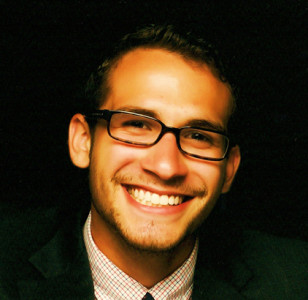
See the other half of the debate by Brandon Bub.
What are you doing after you graduate? What do you plan to do? We know what people mean by these questions. They want to know what our career prospects are like. For better or worse, SMU is an environment driven by the idea of success in the workplace.
In part, I am thankful that SMU places an emphasis on creating successful leaders in their respective fields, and while success brings rewards of its own, the pragmatism of one’s career choice often relegates finding meaning in work to a secondary position. How many people do you know who have chosen a major because their parents made them or because they simply want to get a job and make money? Should we not hope that our future job is something we enjoy, dare I say something we love?
The facthat we put so much emphasis on jobs tells me that they are supposed to be meaningful (assuming that what is meaningful is where we choose to focus our time and efforts), and I think there is nothing wrong with finding meaning (in part) in labor. However, here is the kicker, because we place so much emphasis on the practical aspects of getting a job while simultaneously giving so much meaning to one’s work and career, are we not opening ourselves up to the possibility of supreme disappointment?
If I don’t find the perfect job after I graduate — and if I’m honest, I probably won’t — then meaningful work is no longer an option. Labor becomes drudgery for a paycheck and I believe most people have higher expectations for their careers than that. I see so many of my friends receiving great job offers from consulting firms, financial firms, all kinds of firms. Their hours will be long and their paychecks will be plump, so the pragmatic requirements for a job are secured, but ideals may remain unmet.
To be truly fulfilled, people need to work at something they genuinely find to be good. I am seriously happy for those who graduate and immediately enter the workforce in jobs that challenge, inspire and give meaning and pleasure. However, many of us will not find that to be the case — finding a meaningful job seems more like a process. So as seniors dwell on their coming graduation, I hope that expectations are not too high such that disappointment with work breeds apathy. Finding meaning in other things unrelated to work is key and is part of experience the fullness of life that cannot be experienced in a cubicle.
I recently saw a commercial for the new Cadillac ELR, glorifying the American workaholic, which summed up the problem to me. You work, you buy stuff, you work, you have a family, you work, you retire, you become aimless and then you die. At the very least ,there is the pleasure of a nice car to get you by. I’m not sure about you, but I have higher hopes for my life than the drudgery and the nice car. I was lucky to have begun searching for meaning while here at SMU in order to be prepared for the inevitable hard times and disappointments that lie ahead because work isn’t everything.








